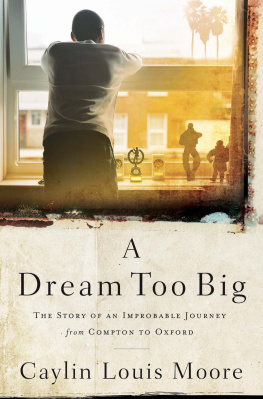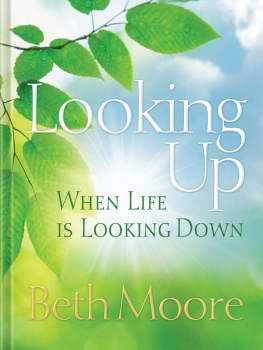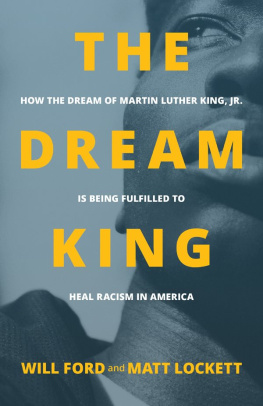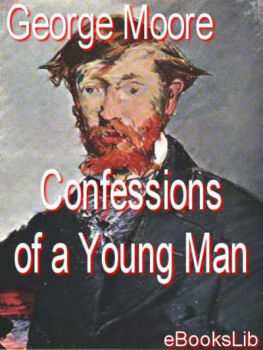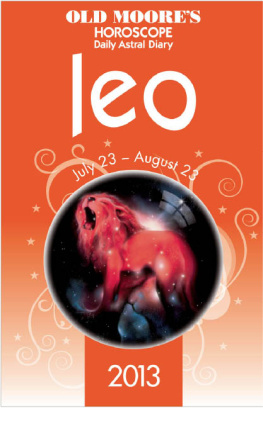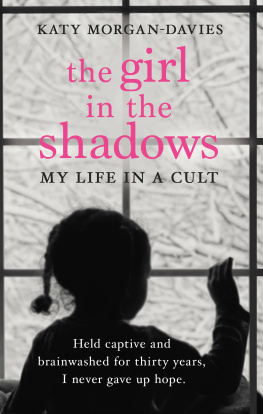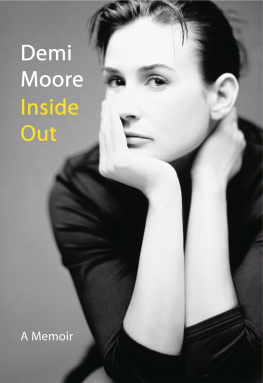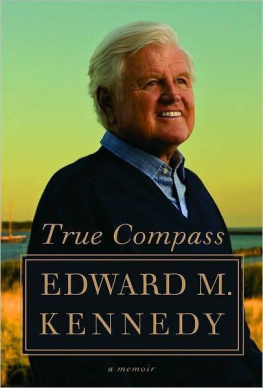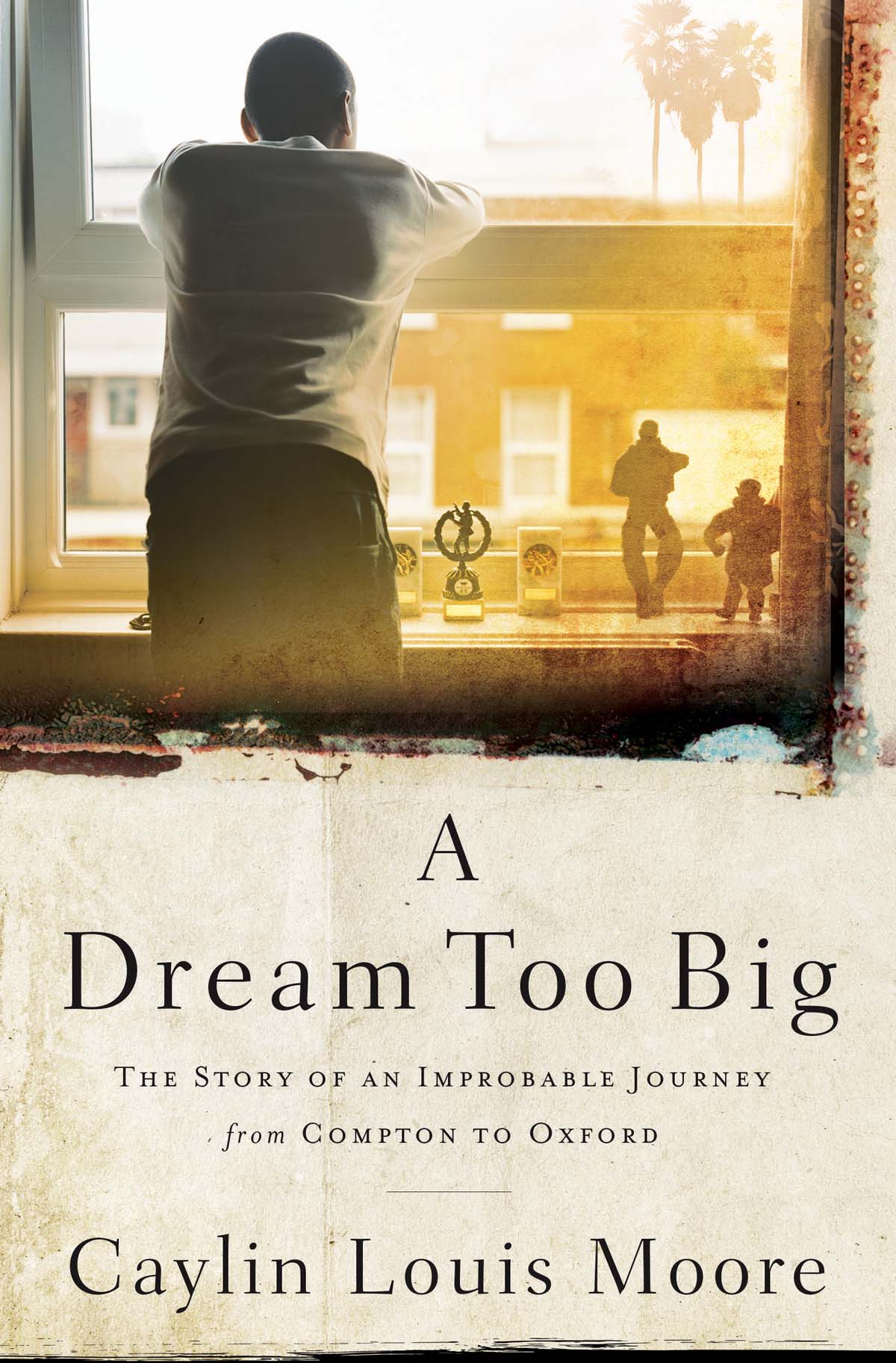2019 by Caylin Louis Moore
All rights reserved. No portion of this book may be reproduced, stored in a retrieval system, or transmitted in any form or by any meanselectronic, mechanical, photocopy, recording, scanning, or otherexcept for brief quotations in critical reviews or articles, without the prior written permission of the publisher.
Published in Nashville, Tennessee, by Nelson Books, an imprint of Thomas Nelson. Nelson Books and Thomas Nelson are registered trademarks of HarperCollins Christian Publishing, Inc.
Thomas Nelson titles may be purchased in bulk for educational, business, fund-raising, or sales promotional use. For information, please e-mail SpecialMarkets@ThomasNelson.com.
Any Internet addresses, phone numbers, or company or product information printed in this book are offered as a resource and are not intended in any way to be or to imply an endorsement by Thomas Nelson, nor does Thomas Nelson vouch for the existence, content, or services of these sites, phone numbers, companies, or products beyond the life of this book.
ISBN 978-1-4002-0992-7 (eBook)
ISBN 978-1-4002-0991-0 (HC)
Epub Edition March 2019 9781400209927
Library of Congress Control Number: 2018964312
Printed in the United States of America
19 20 21 22 23 LSC 10 9 8 7 6 5 4 3 2 1
PRAISE FORA Dream Too Big
I loved this story of triumph in praise of a sacrificial single mom and a kid who, against all odds, fought hunger pains and gangs to make dreams-too-big become a dream-come-true. Through gunshots and temptations of inner-city poverty, Caylin Moore laced up his cleats, outran gangs, and caught the 6:00 a.m. bus on an empty stomach. A future world-changer, Caylin has penned an inspiring tale that should be mandatory reading for every student, parent, and anyone else interested in the success of those who will shape and define our future.
RON HALL, #I NEW YORK TIMES BESTSELLING AUTHOR OF SAME KIND OF DIFFERENT AS ME AND WORKIN OUR WAY HOME
A Dream Too Big is a truly special book. Caylins story is not just inspirational, it is instructional. I have admired him and his journey for a long time; read this book and youll understand why.
WES MOORE, CEO OF ROBIN HOOD AND BESTSELLING AUTHOR OF THE OTHER WES MOORE
To Mom.
To the spirit of my ancestors.
To the dead homies, rest in peace.
I didnt start out with the goal of becoming a Rhodes Scholar. As a kid, I didnt even know what a Rhodes Scholar was. If I had known, I would have seen it as most people around me did: a dream too big for a kid from Compton. But that wouldnt have stopped me from dreaming it. Ive always dreamed big. For some people, thats been a problem.
You see, in underserved inner-city communities like Compton, people dont always like dreamers. Gangs look at a dreamer and think, Hell never be one of us. And if he isnt one of us, hes a problem. Bad teachers look at a dreamer and think, That boy needs to know his place. Many people look at a dreamer and think, Hell never succeed outside of shooting a basketball or rapping over a beat. Sometimes even neighbors and family members think dreamers are up to no good, because who would dare to have big dreams in such a place?
They all think those things, but the truth goes deeper. Dreamers who reach high and strive to rise illustrate the stark realities of those who are left feeling like its better to just stay down than to climb and risk falling. Kids trapped in the same circumstances start off as dreamers too. Every kid I knew in elementary school had big dreams. But the dreams slowly faded away as the reality of dilapidated schools, gang violence, the unbalanced criminal justice system, and the lack of family support networks began to set in. Who can blame those kids when their environment has been molded by oppression, these systems ingrained long before their grandparents were even a thought? Living within the confines of what others tell you is possible is all they have ever known. A dreamer can also make outsiders think he is a threat to the status quo. Its hard for a dreamer to find his place in this world. Any dreams coming from an inner-city neighborhood are tentative and can easily die from malnourishment. They are all dreams too big as far as a lot of people are concerned.
Ive never let that stop me.
My first big dream was to make it to the NFL. I dreamed of using the NFL to change the lives of the people in my community, in my world. I worked hard to reach that goal, but I didnt make it my only priority. Heres the surprising part: the pursuit of that goal led me to even greater dreams. Achievements in academics, pursued to expand my opportunities for a football career, earned me scholarships to two great colleges. And those environments opened my eyes to the potential of education, to the possibility of changing the world in a way I never could imagine doing as a professional football player. My college experiences then led me to apply for scholarships. I was awarded several, including a Fulbright and, ultimately, the Rhodes Scholarship.
Along the way, I cofounded the Texas Christian University student organization TCU SPARK (Strong Players Are Reaching Kids) and began to speak across the United States to any corporation, university, prison, or gang that would be willing to hear my voice. Those experiences helped me realize what I wanted to do with my life. I wanted to help. I wanted one day to know how it feels to have changed the world. I wanted to put big dreams within reach of young people as well as anybody who seeks to better themselves and the world we live in. This book is my story, and I want my story to inspire. Most of all, I want it to provide hope to people who might be having a hard time holding on to it.
Ive been brutally hungry, so much so that it seemed like the pains in my stomach might never go away. Ive been treated like a throwaway person, given no due by an inner-city educational system that is not only broken but punitive. Ive known crushing poverty. Ive had guns flashed at me as I walked home from school, and Ive lost friends to senseless violence.
If all that has taught me anything, its that you can get by without food for a time. You can be cold and hungry. You can survive poverty, and you can transition from victim of violence to victor over violence. It is only when you give up hope that you will be beaten and lost. A wise man once told me a well-known saying: Man can live about forty days without food, about three days without water, about eight minutes without air, but not for one moment without hope. In the words of Dr. Martin Luther King Jr.: We must accept finite disappointment, but never lose infinite hope. The greatest hope lies in dreams that seem too big to be realized. Audacious dreams that you have no right even thinking about.
Competing for a Rhodes Scholarship was part of my still-ongoing journey, and the process was enlightening. During the final interview for the scholarship, the questions posed to candidates are intellectual, largely related to a given candidates interests. In my interview, I was able to make the questions personal and relate them to my life experiences. The interview was an entrance into a new world. The Rhodes Scholarship, with a history rooted in colonial imperialism and consisting of individuals drawn from the worlds elite, is about as far removed from where I come from as is possible to imagine. Nevertheless, the interviewers wanted to hear about my dreams, and their questions implied that they believed my dreams might help others. I already knew in my heart this was true, but it was clarifying to discover others might think so too. Question by question, the interview gave me a chance to tell the Rhodes committee my story. Its what won me a scholarship and is why Ive chosen specific questions from that interview to introduce each chapter in this book. The questions describe the journey and the themes that define me; each one represents a signpost Ive followed on my quest to be my very best.

